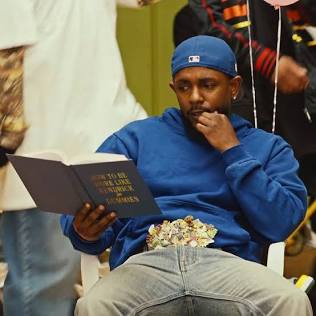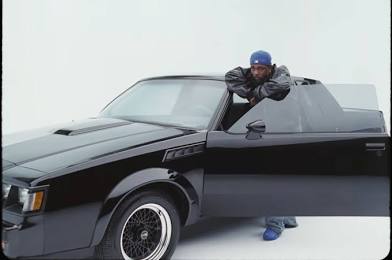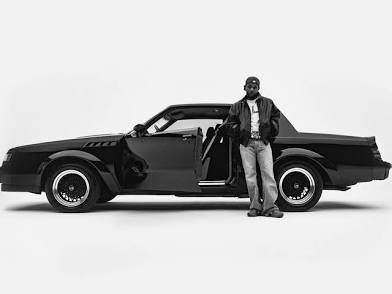THE RISE OF KENDRICK LAMAR: FROM COMPTON TO THE THRONE
Kendrick Lamar Duckworth was born on June 17, 1987, in Compton, California — a city infamous for gang violence, poverty, and police brutality. But it was also the birthplace of legends like Dr. Dre and Ice Cube. Kendrick grew up in a chaotic environment, but he found solace in words, poetry, and the sounds of West Coast hip-hop. He was just 8 years old when he watched Tupac and Dr. Dre film the “California Love” video in his neighborhood. That moment ignited a dream.
The Mixtape Grind

Kendrick began rapping under the name “K.Dot,” releasing mixtapes with lyrical depth far beyond his age. His 2003 mixtape Youngest Head Nigga in Charge caught the attention of Top Dawg Entertainment (TDE), an indie label that would become his launching pad. Through years of consistency, he kept dropping tapes — including Training Day and C4 — while building a fanbase that appreciated his storytelling, perspective, and conscious approach to rap.
Becoming Kendrick Lamar
Eventually, Kendrick dropped the “K.Dot” moniker and embraced his real name. That’s when the game changed. In 2010, his mixtape Overly Dedicated got co-signs from heavyweights like Dr. Dre and Snoop Dogg. A year later, his independent album Section.80 made noise, filled with raw stories about being Black in America, addiction, religion, and survival.
Good Kid, M.A.A.D City: A Classic Emerges

In 2012, Kendrick released Good Kid, M.A.A.D City — a cinematic album that told the story of a teenager growing up in Compton, trying to avoid gang culture while finding his voice. The album was a commercial and critical success, praised for its intricate storytelling and lyricism. Kendrick wasn’t just rapping — he was documenting, painting pictures with words, bridging generations.
The rap world took notice. Kendrick wasn’t just talented — he was different. He stood for something.
The Rise and the Message
Albums like To Pimp a Butterfly and DAMN. followed. Each one was bold and unique — blending jazz, funk, soul, and hard-hitting commentary on race, injustice, and fame. He won Pulitzer Prizes, Grammys, and respect from every corner of the industry. While many rappers chased hits, Kendrick chased truth.
Enter: The Rivalry with Drake
At the same time, Drake was dominating charts with pop-friendly hits and an emotional, melodic rap style. The two respected each other — at first. They collaborated on tracks like “Poetic Justice” and “F**kin’ Problems.” But the competition grew tense.
The turning point came in 2013, when Kendrick dropped his now-infamous verse on Big Sean’s “Control.” He called out nearly every top rapper by name — including Drake — and declared himself the “King of New York” (a bold move for a West Coast artist). It sent shockwaves through the rap world.
Drake responded with subliminals over the years, and Kendrick fired back in his own cryptic ways. But in 2024, the rivalry went nuclear.
2024–2025: THE BATTLE FOR THE THRONE

In a surprise move, Kendrick returned after a hiatus with a barrage of diss tracks: “Euphoria,” “6:16 in LA,” and “Meet the Grahams.” Each one peeled back layers of Drake’s persona — questioning his authenticity, his influence, even his personal life. Unlike typical diss records, Kendrick’s were surgical, poetic, and devastatingly calm. He didn’t yell. He didn’t flex. He exposed.
Drake responded with tracks of his own, but public opinion shifted. People began to see the contrast more clearly — Kendrick, the deeply rooted artist with a message, versus Drake, the global superstar struggling to defend his crown in a pure lyrical war.
Kendrick’s final blow — “Not Like Us” — became a cultural moment. It wasn’t just a diss, it was a celebration of the West, of resistance, and of truth. Kendrick had done what many tried and failed to do: he beat the biggest rapper in the world in a lyrical war and came out untouched.
Legacy Secured

From a quiet kid in Compton to a Pulitzer-winning poet and lyrical assassin, Kendrick Lamar proved that authenticity, vision, and purpose could still win in the rap game. He didn’t just defeat Drake — he redefined what it means to be great.
The crown wasn’t handed to him.
He took it.

Leave a Reply